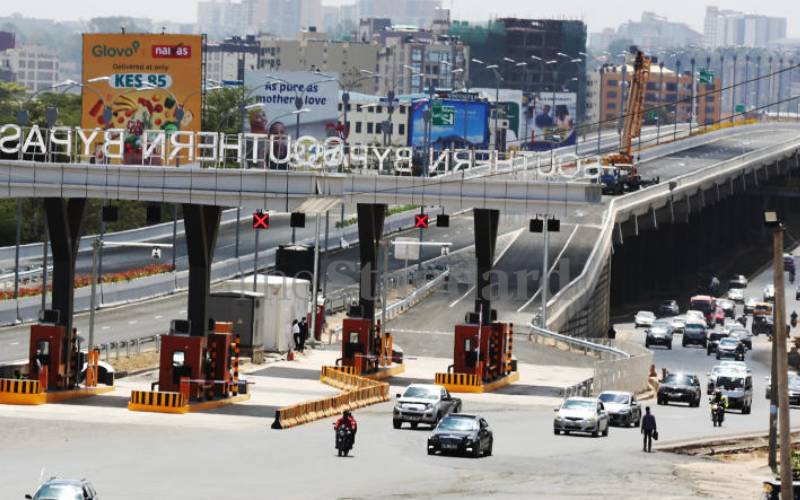×
The Standard e-Paper
Kenya’s Boldest Voice

In a few months, the Nairobi Expressway will be open to the public.
The Eastern Bypass is being dualled. The two road projects are among the lasting legacies of the Jubilee and Kibaki regimes in improving roads, highways, rail, ports and airports.